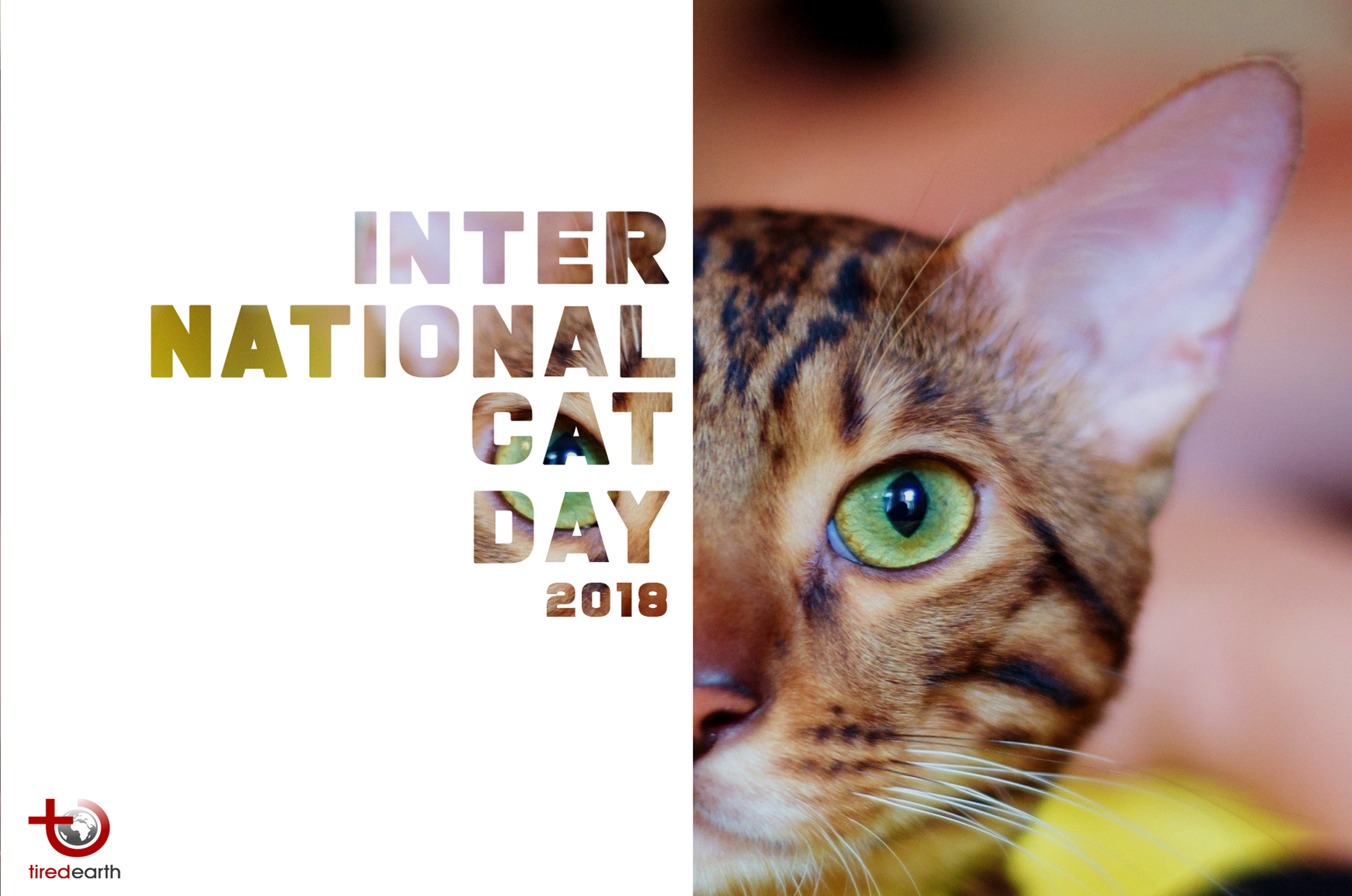Relationship between cats and humans
Cats accompany humans for thousands of years. They are pets, that are not used for any kind of work or economic reasons, which makes the connection between humans and cats so extraordinary. The character of a cat is said to be idiosyncratic, farouche and independent, which makes them hard to train. But nonetheless cats always keep in touch with humans, when they were tamed once und quiet often the connection between the animal owner and the pet is very emotional. Whether this is a one-way love or not caused debates among animal friends.
Children, cats, and allergies
When it comes to cats and allergies, there’s good news and bad news for pet lovers.
A recent report in the journal Pediatrics finds that babies who grow up in homes with a dog or a cat are less likely to get sick than children who live in homes without pets. But those who lived with a dog fared better.
Researchers think that exposure to pet dander and the microbes that pets bring from the outdoors into the house could prime babies’ still-developing immune systems and train them early to ward off onslaughts from common allergens and even other bacteria and viruses.
Researchers studied 397 children who were born in Finland between 2002 and 2005. Overall, babies who lived with a dog were 31 percent more likely to be healthy in their first year than babies without a dog, while children in homes with cats were only 6 percent more likely to be healthy than those in cat-free families.
So why do we have cats?
There are many demonstrated benefits to cat ownership, not the least of which may be simple happiness. Studies have shown that cats have some interesting health benefits that we are going to talk about:
Health benefits of owning a cat
1. Lowers blood pressure: Cat owners are known to have lower blood pressure than non-cat owners due to the calming presence cats provide. One study was conducted with a room full of cat owners.
In the study, the owners would speak aloud, which naturally elevated blood pressure levels, but when the owners were observed speaking with their cats, their blood pressure remained constant.


















Comment
Reply